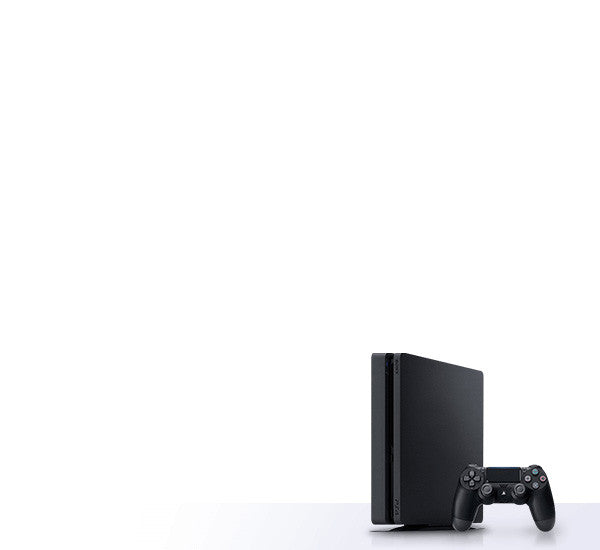Bladder weakness is a common problem affecting up to 20 per cent of the adult population. Incidence increases with age in men and women and after childbirth and menopause for women.
According to the Continence Foundation of Australia around 50 per cent of men and women aged over 50 years are affected.
Around 77 per cent of nursing home residents in Australia are affected by incontinence. Between 40-60 per cent of these residents will wet the bed tonight.
Bladder problems remain under diagnosed and under reported. An estimated 50 per cent of sufferers do not discuss their bladder issues, even with their GP’s, and around 60 per cent of people with continence problems do not seek help.
What are the Symptoms?
The main symptoms of poor bladder control include:
- Urination more than 7-8 times a day, and passing small amounts (less than 200ml) at a time
- Waking more than once to urinate during the night
- Frequent bed wetting
- Leakage when coughing, exercising or laughing
- Occasional leakage during sex
- Sudden and urgent need to urinate
What are the main types of urinary incontinence?
Stress incontinence
This occurs more in women, often as a result of the stretching during pregnancy and childbirth of the pelvic floor muscles that support and hold the bladder in place.
Stress incontinence typically gives you no warning and occurs when ‘stress’ is placed on the pelvic floor and bladder muscles during activities such as coughing, laughing, jumping and sneezing.
Those affected by stress incontinence typically pass a small amount of urine but receive no warning that the bladder accident is about to occur.
Urge incontinence
This occurs when you do have a warning that you urgently need to go to the toilet, but you just don’t reach the toilet in time. Urge incontinence affects men and women at roughly the same rate and you typically pass a significant amount of urine. It is associated with overactive bladder and can be a very stressful condition which limits lifestyle and general activity due to fear.
Overactive Bladder (OAB)
OAB (or sensitive bladder) is thought to be due to involuntary contractions of the detrusor muscle, which is a muscle within the bladder wall itself. With OAB, a sense of immense urinary urgency is experienced as well as frequent visits to the toilet, both day and night.
If you are lucky you will make it to the bathroom, but if not, you will have an urgency accident.
Diet and Lifestyle
Simple changes to your diet and lifestyle can prevent the problem from becoming worse, especially into menopause and old age.
- Maintain a healthy weight and make exercise a daily routine
- Address constipation and eat plenty of fiber-rich foods including fruits, vegetables and whole grains
- Avoid too much tea, coffee and alcohol which are diuretics and may irritate the bladder
- Drink around 6-8 cups of water each day, preferably spread throughout the day; do not reduce fluid intake as this may make the problem worse
- Only go to the toilet when necessary
- Practice pelvic floor exercises known as Kegel (pelvic floor) exercises. These strengthen the muscles involved during urination.
Urox Bladder Control Capsules support these conditions.
Available at Naturally Healthy.
Online or instore.










← Older Post Newer Post →